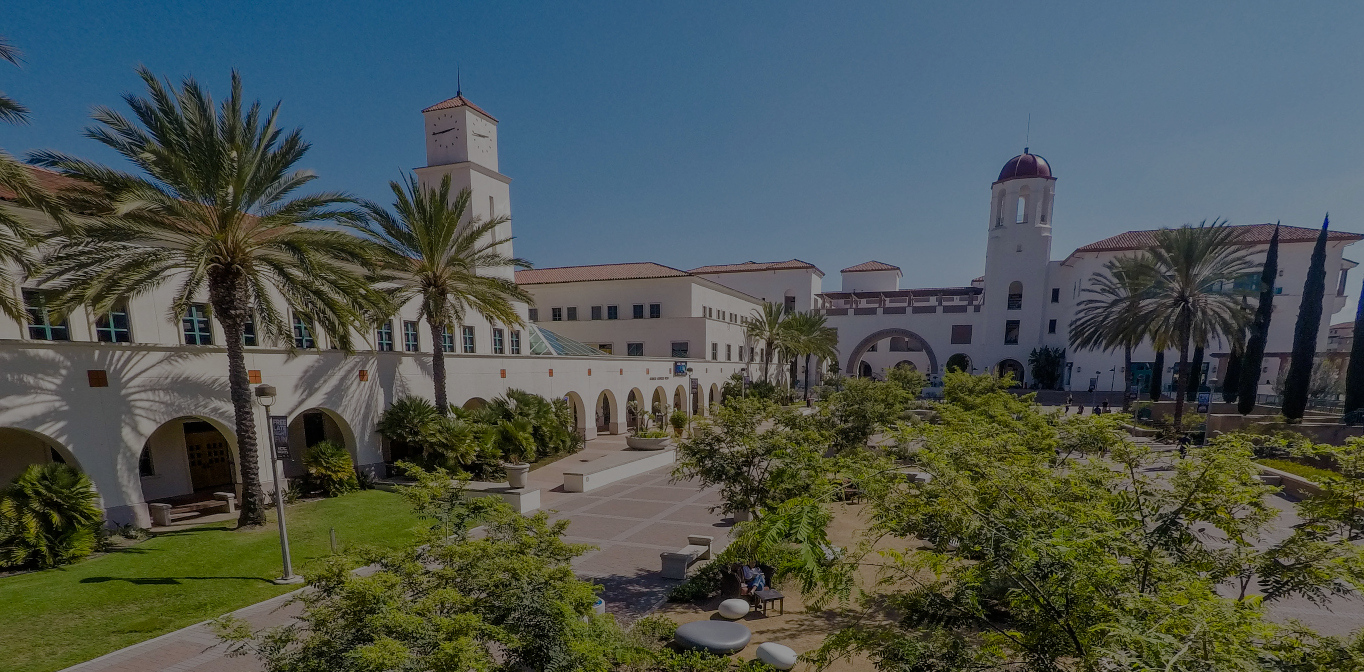Statistics
Bachelor of Science
About the Major
Learn to collect, analyze, and interpret data—and do a whole lot more. This major will prepare you for a career in data science and data analytics. You'll design experiments and surveys to collect information, then use statistical procedures to summarize information, draw conclusions, and make decisions. Almost all modern professions, from economists to engineers and from social scientists to medical scientists, rely on statistics.
Program Highlights
Our major offers great options if you have an interest in data science, statistical or biostatistical aspects of a particular science. Emphases in data science and actuarial science are available if you wish to pursue professional opportunities in these areas.
Sample Courses
- R Programming and Data Science
- Probability and Mathematical Statistics
- Actuarial Modeling
- Statistical Computing
Career Options
Our graduates find employment in actuarial and data science, engineering, climate analysis, biotechnology, business, and education.
- Wave Neuroscience
- U.S. Food and Drug Administration
- Verizon
Transferable Skills
- Abstract and formal reasoning skills
- Problem solving skills
- Identify and rectify problems
- Explain mathematical processes and analyses
- Technical writing skills
- Manage time efficiently by setting priorities
- Evidence and data acquisition and analysis
- Research skills
- Sort and prioritize data
- Communication skills
Mathematics and Statistics Department
College of Sciences

